The Indian Institute of Advanced Study (IIAS), Shimla, commenced its two-day National Seminar on “Governance and Administration in Indian Thought” today, bringing together scholars, academics, and thinkers to delve into Indian perspectives on governance, administration, and social structures. The inaugural session began with a ceremonial lamp lighting, symbolizing the dispelling of ignorance and the pursuit of wisdom. After that Dr. Taruna, convener of the seminar, provided an overview, outlining the seminar’s objectives and scope for fostering a comprehensive discussion on India’s administrative and governance frameworks.
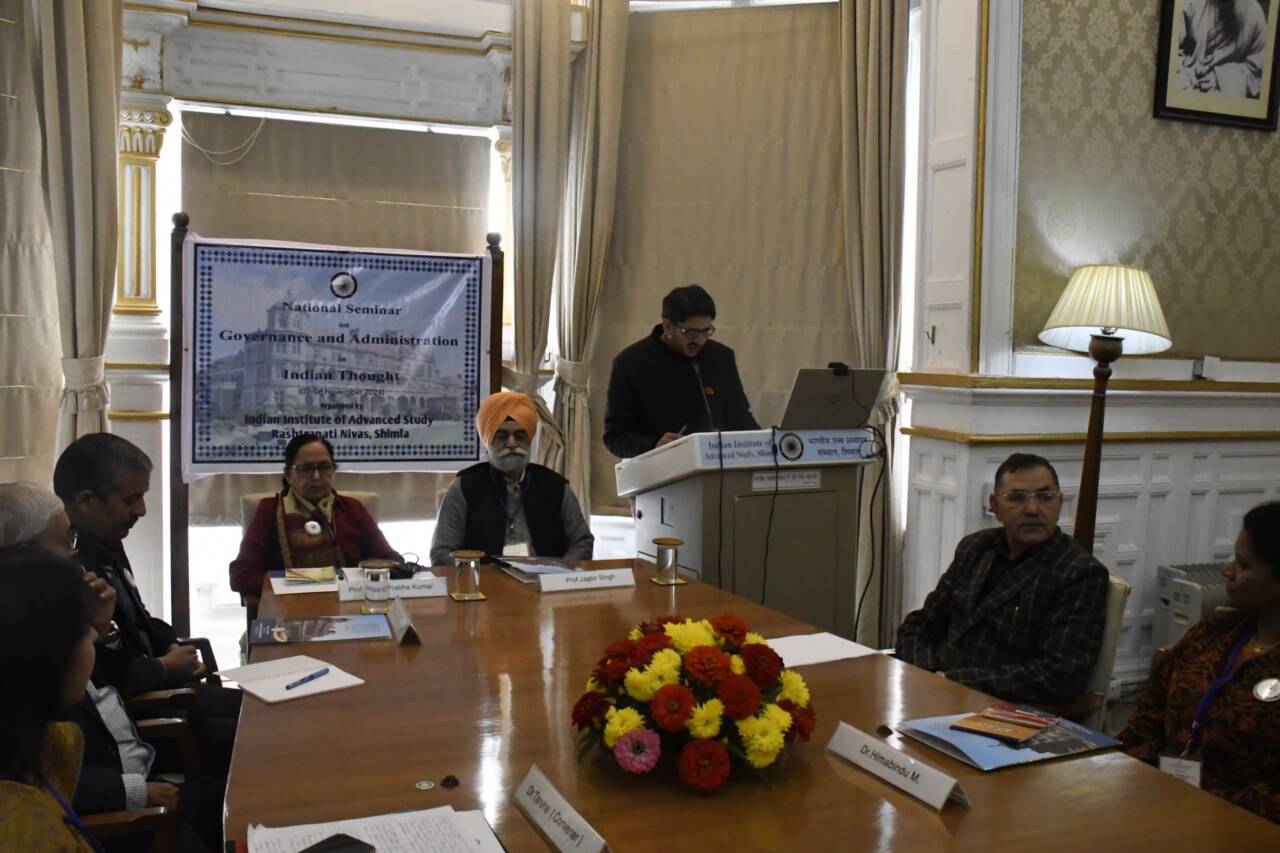
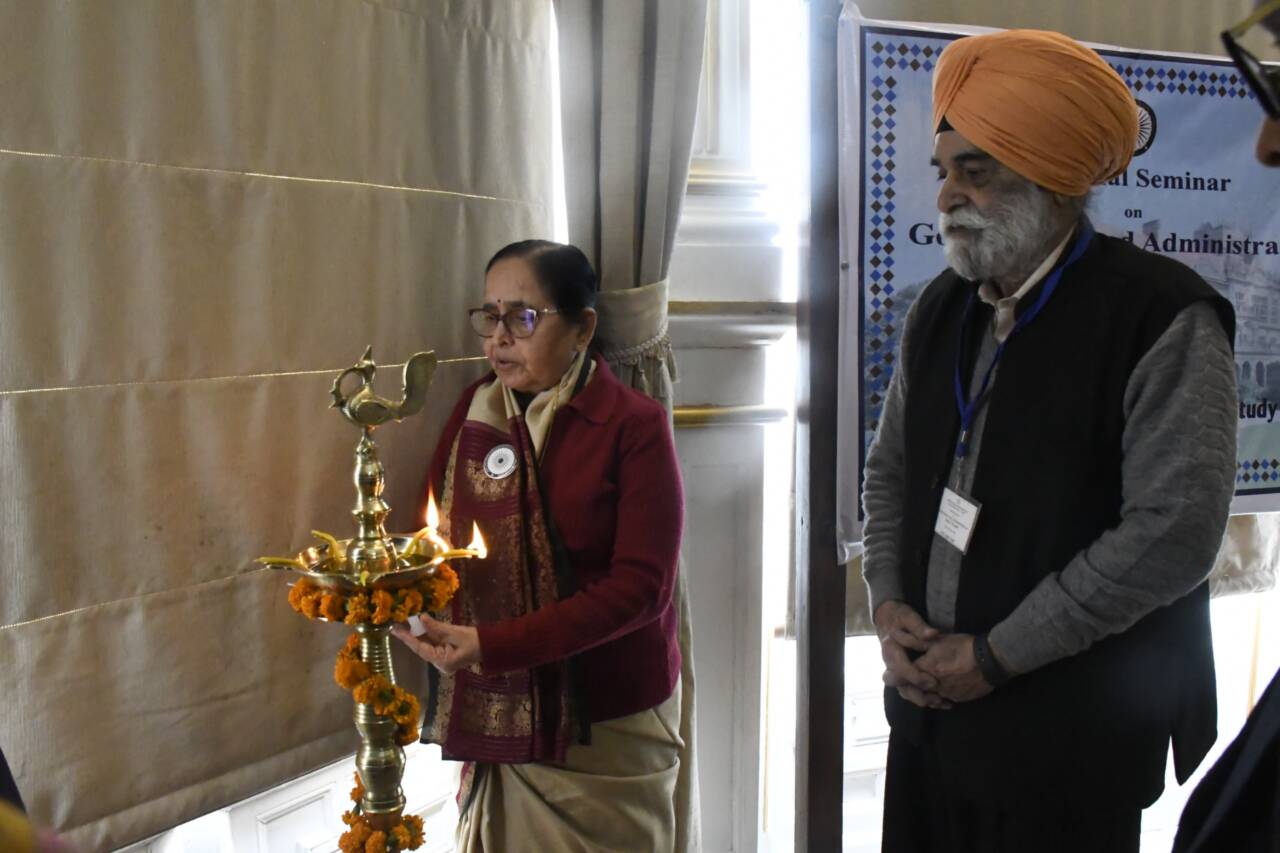
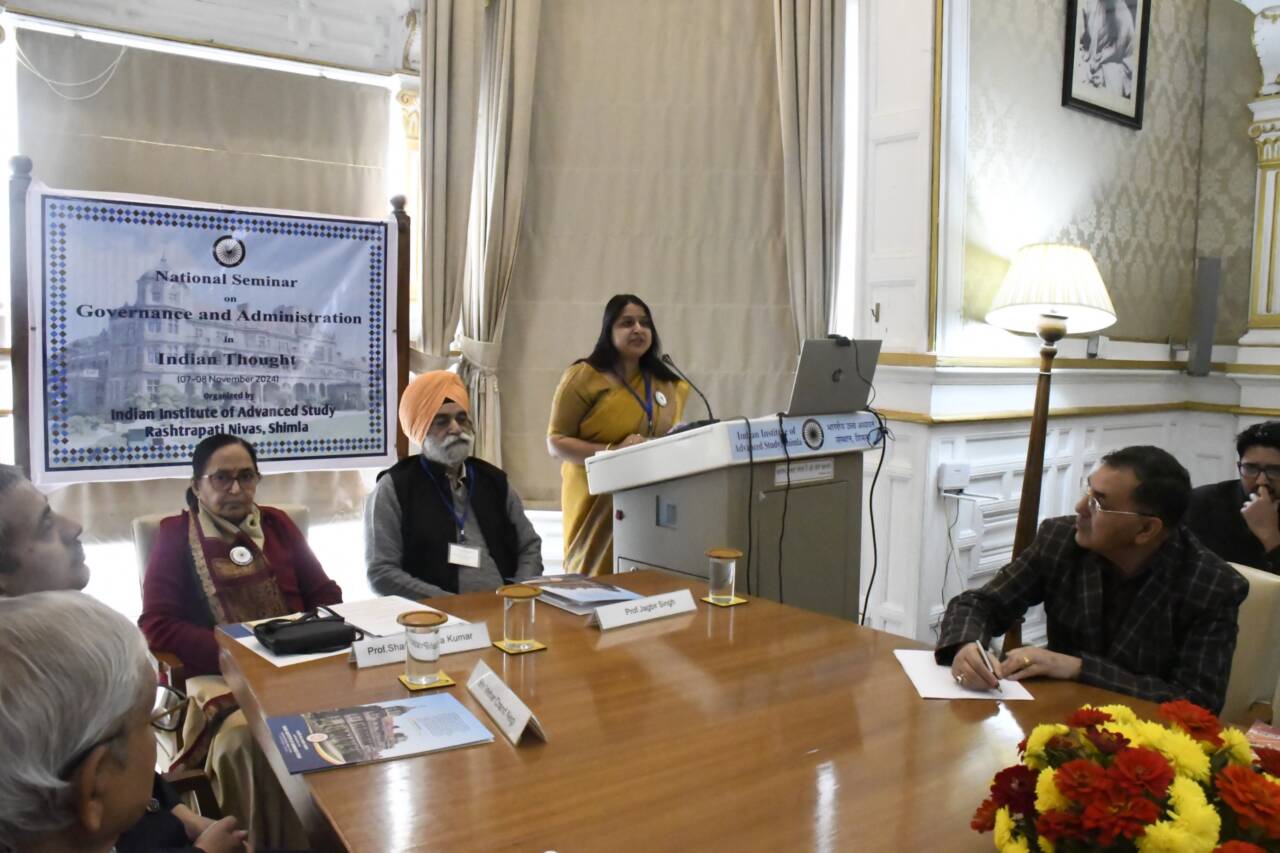
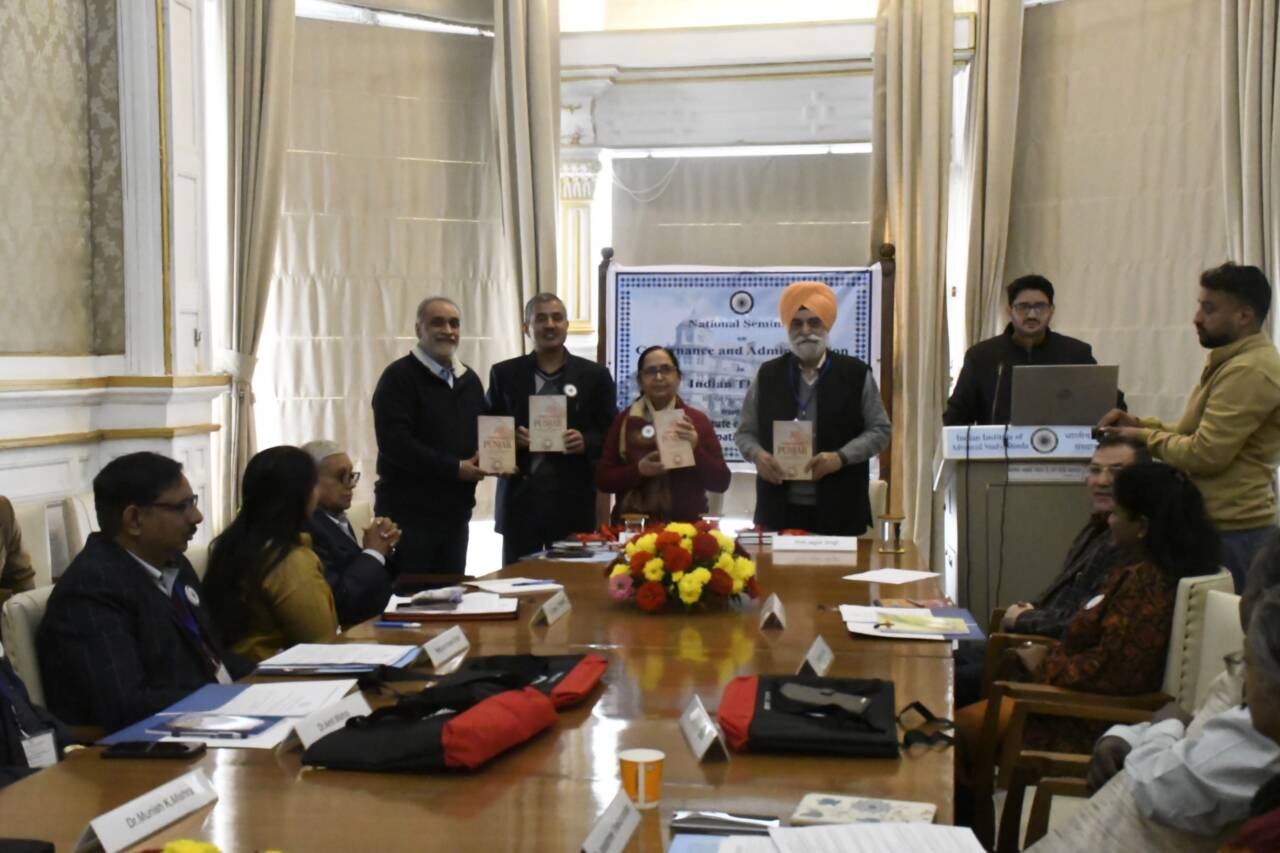
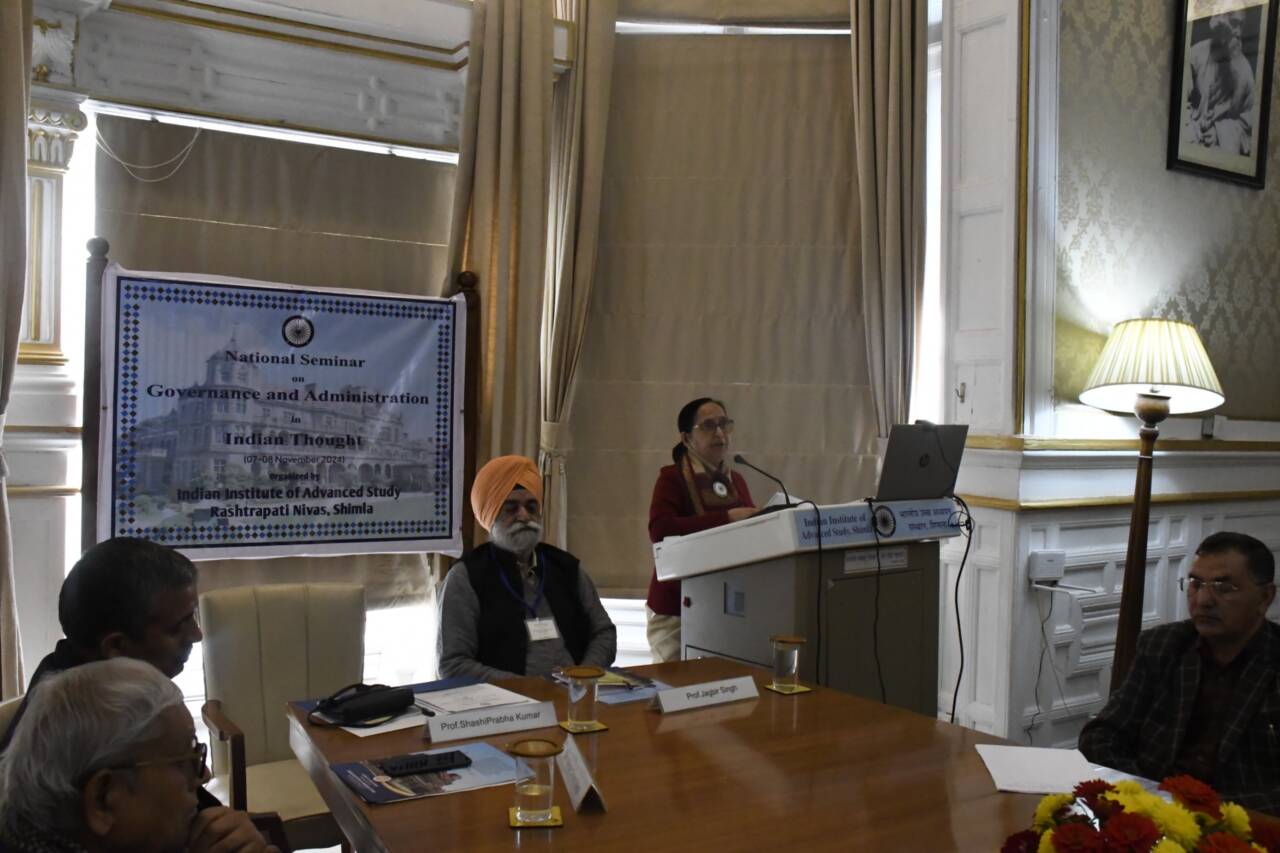
The keynote address was delivered by Padma Bhushan awardee, Professor Kapil Kapoor, who joined virtually. Professor Kapoor, a luminary in Indian intellectual traditions, discussed the philosophical insights and administrative wisdom that Indian thought offers to contemporary governance. His address highlighted the enduring relevance of Indian philosophy in addressing modern challenges.
This was followed by a presidential address from Professor Shashi Prabha Kumar, Chairperson of IIAS, who emphasized the significance of intercultural dialogue in understanding governance from an Indian perspective and the role of ancient texts in shaping contemporary thought. Five recent IIAS publications were also launched during the inaugural session of the conference. IIAS celebrates these valuable contributions to the field of humanities and social sciences, further enriching understanding of India’s rich intellectual traditions. Public Relation Officer of the Institute Shri Akhilesh Pathak moderated the inaugural session.
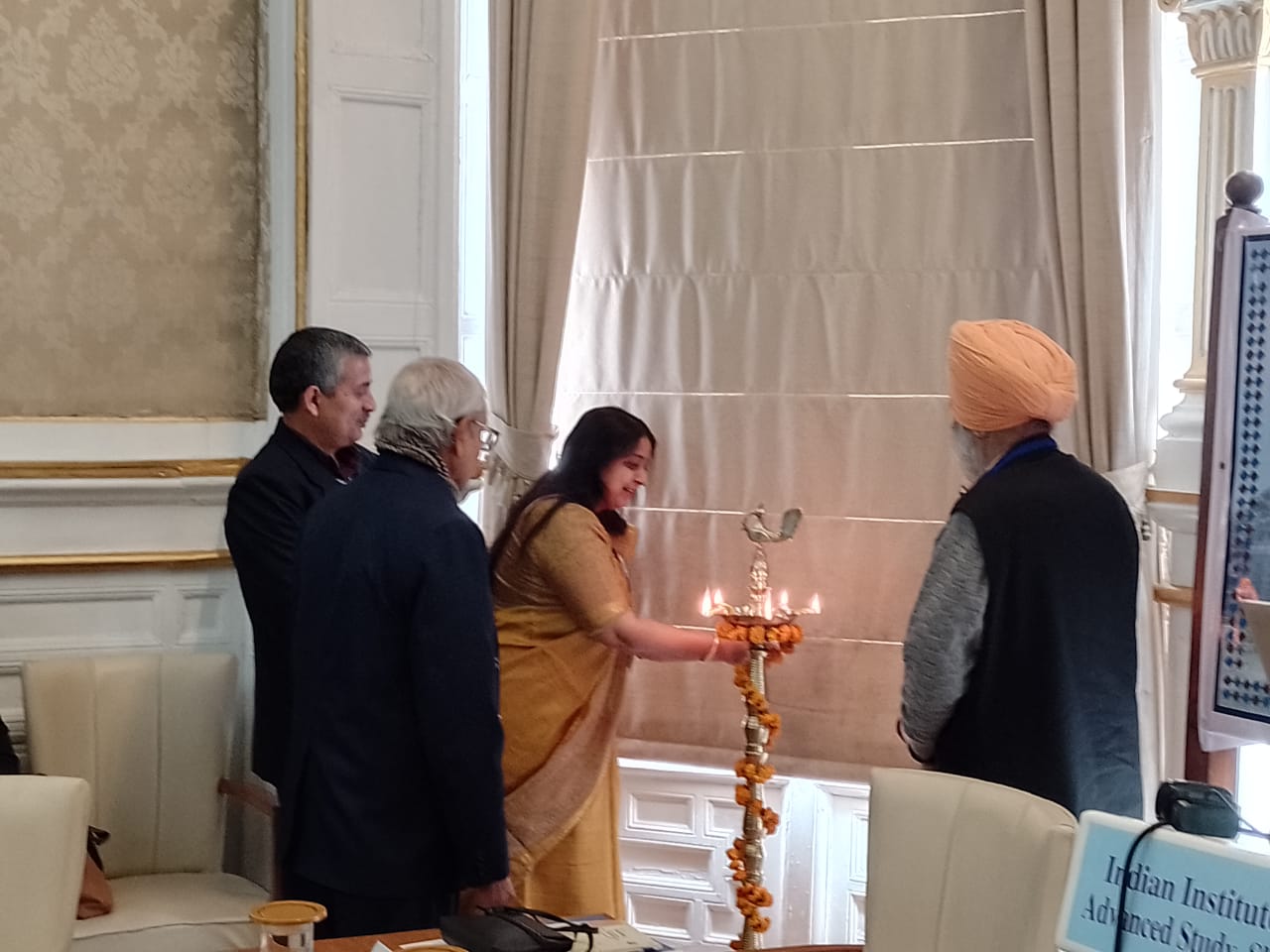
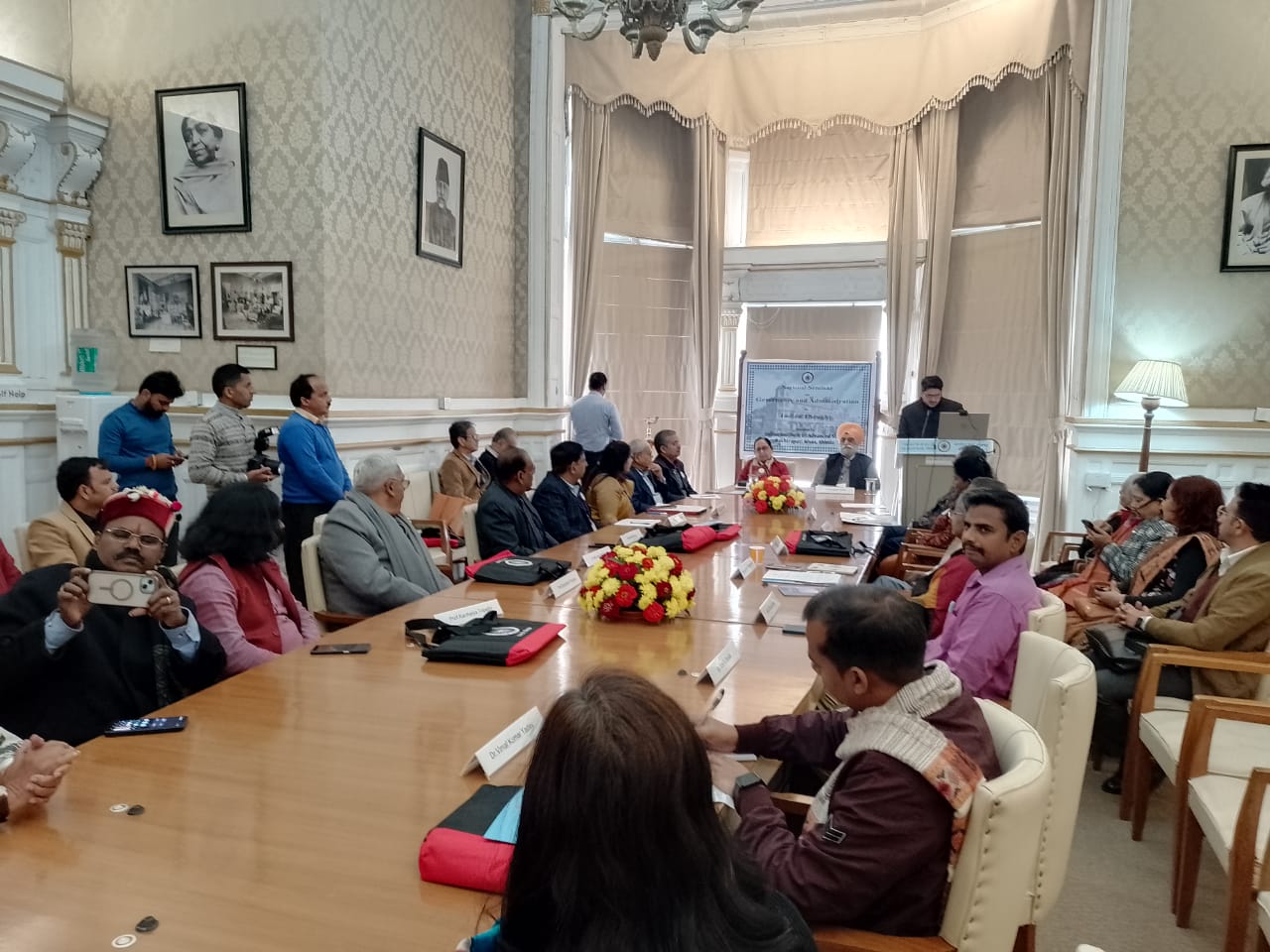
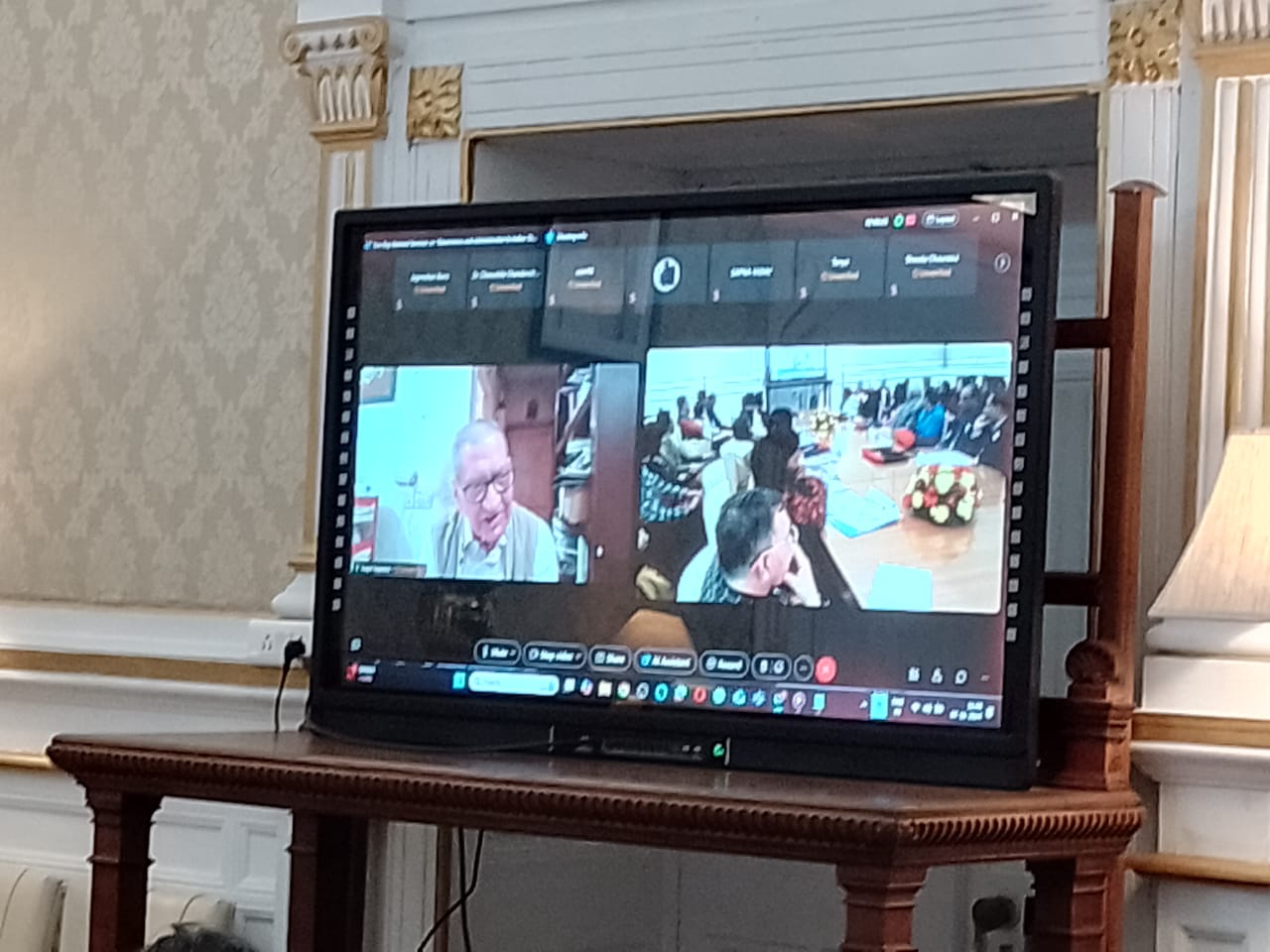
The inaugural session led into three insightful sessions held throughout the day. The first session, titled “Indic Perspectives on Governance, Administration, and its Philosophical Foundations,” saw contributions from eminent speakers such as Prof. Mamta Mokta from HP University and Dr. Jayashree Vivekanandan from South Asian University. This session explored the philosophical underpinnings of governance and administration in Indian tradition, examining how ethical and moral principles from ancient texts contribute to contemporary governance practices.
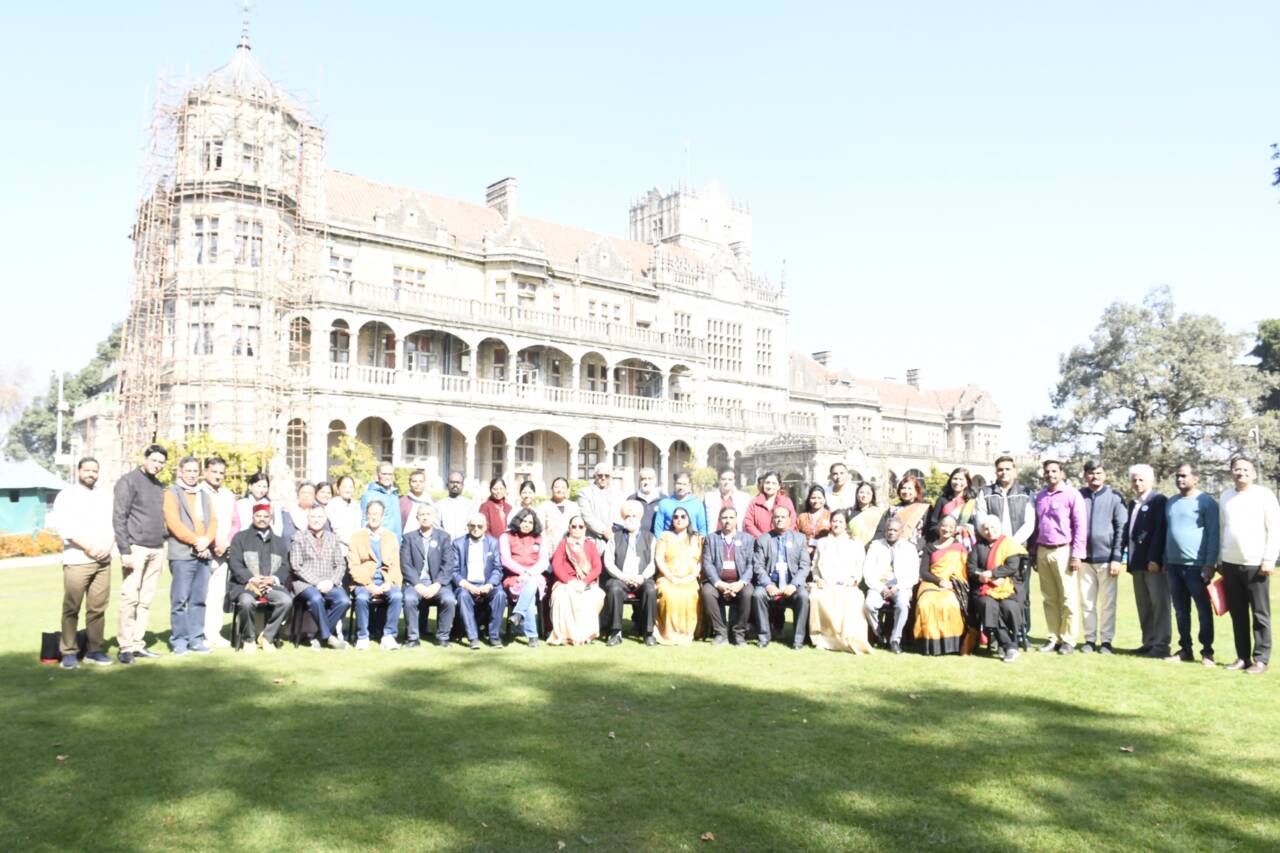
The second session, “Art of Governance and Arthashastra,” focused on the ancient Indian text Arthashastra and its enduring relevance to modern administrative structures. Speakers, including Dr. Shwetank Bhardwaj and Dr. Ravi R. Shukla, engaged the audience with insights into the practical and strategic applications found in ancient Indian wisdom, discussing how these principles offer valuable lessons for current governance models.
The third session, titled “Democracy, Leadership, and Cultural Dimensions of Administration – An Indian Perspective,” featured experts such as Dr. Priya Dahiya from Delhi University and Prof. S. Victor Babu from BBAU, Lucknow, who presented thought-provoking views on the integration of democratic values within Indian society, highlighting cultural aspects that influence leadership and governance.
The day concluded with lively discussions and reflections from the session chairs, enriching the academic discourse and encouraging further exploration of governance principles rooted in Indian tradition. Scholars and participants appreciated the depth of knowledge shared and acknowledged the potential of Indian philosophical insights in addressing governance challenges of the present.
The seminar will continue tomorrow, November 8, with sessions focusing on a range of themes. These include “Dharma, Governance, and Social Justice,” where scholars will discuss the integration of Dharma in governance, examining concepts of justice and welfare in Indian philosophy. Another session, “Challenges, Opportunities, and Solutions for Contemporary Governance,” will address pressing governance challenges and seek solutions grounded in Indian administrative thought.
A session titled “Indian Knowledge Systems and their Contemporary Relevance” will reflect on the practical applications of ancient knowledge systems in today’s governance, while the final session, “Indic Perspectives on Polity, Economics, Commerce, and Management,” will explore economic and managerial insights from ancient Indian texts, examining their relevance to modern policy and management practices.
The seminar will conclude with a valedictory session that will feature a report presentation by Dr. Taruna, Convener and Vote of Thanks by Academic Resource Officer. This seminar exemplifies IIAS’s commitment to fostering a deeper understanding of India’s intellectual heritage in governance and administration, creating a meaningful dialogue between ancient wisdom and contemporary needs.

